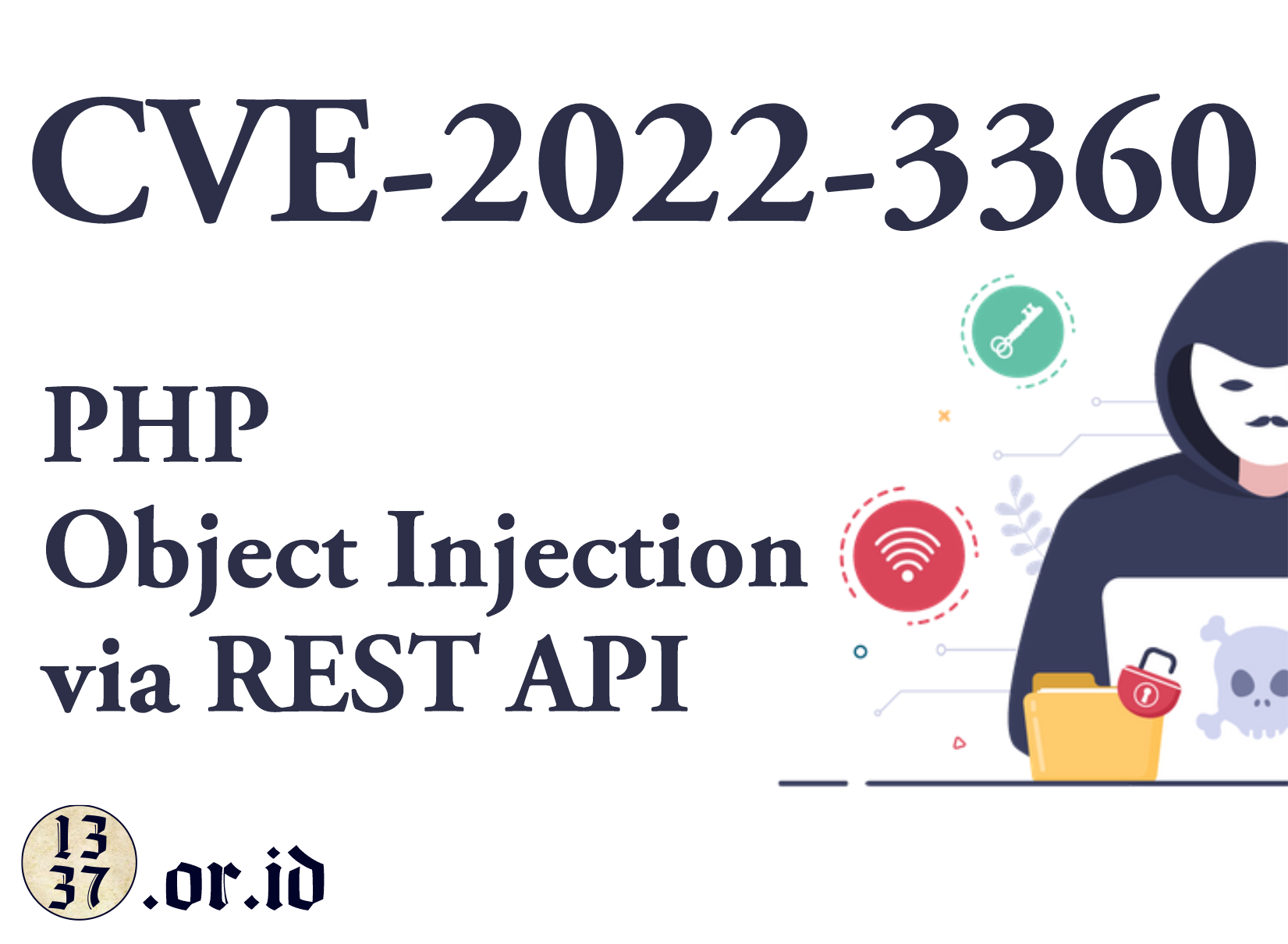Category: Exploit Database
-
phpMyAdmin 4.8.1 – Remote Code Execution (RCE)
Security Team ChaMd5 disclose a Local File Inclusion vulnerability in phpMyAdmin latest version 4.8.1. And the exploiting of this vulnerability may lead to Remote Code Execution. Reference:
-
Newsletter, SMTP, Email marketing and Subscribe forms by Sendinblue < 3.1.25 – Reflected XSS
The Newsletter, SMTP, Email marketing and Subscribe forms by Sendinblue WordPress plugin before 3.1.25 does not escape the sib-statistics-date parameter before outputting it back in an attribute, leading to a Reflected Cross-Site Scripting issue Proof of Concept: Reference:
-
qdPM 9.1 – Remote Code Execution (RCE) (Authenticated)
A remote code execution (RCE) vulnerability exists in qdPM 9.1 and earlier. An attacker can upload a malicious PHP code file via the profile photo functionality, by leveraging a path traversal vulnerability in the users[‘photo_preview’] delete photo feature, allowing bypass of .htaccess protection. NOTE: this issue exists because of an incomplete fix for CVE-2015-3884. Reference:
-
Elementor < 3.4.8 – DOM Cross-Site-Scripting
The plugin does not sanitise or escape user input appended to the DOM via a malicious hash, resulting in a DOM Cross-Site Scripting issue. The issue was initially fixed in 3.1.4, however re-introduced in 3.2.0. The base64 string is an encoded JSON with the following structure: This vulnerability has been fixed in the version 3.1.4.…
-

CVE-2022-3360 – Unauthenticated PHP Object Injection via REST API
The LearnPress WordPress plugin before 4.1.7.2 unserialises user input in a REST API endpoint available to unauthenticated users, which could lead to PHP Object Injection when a suitable gadget is present, leadint to remote code execution (RCE). To successfully exploit this vulnerability attackers must have knowledge of the site secrets, allowing them to generate a…